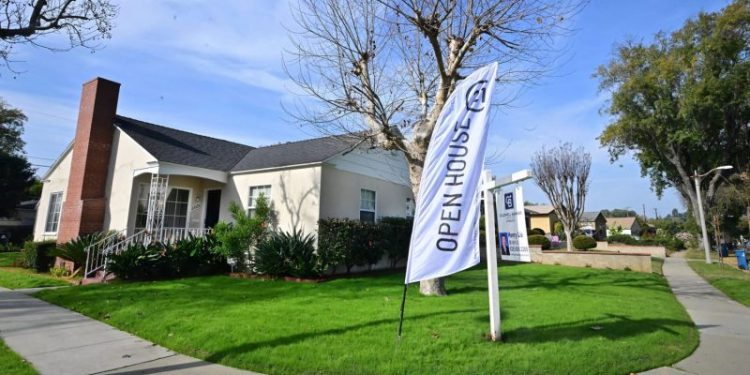The year 2020 has been challenging for various industries, and the real estate market is no exception. As December home sales data is released, it reveals a significant slump, closing out what could be the worst year for the housing industry since 1995. This unprecedented decline in sales has left both industry professionals and homeowners feeling uncertain about what lies ahead.
November and December generally mark a slowdown in housing activity due to the holiday season. However, the pandemic has exacerbated this trend, resulting in an even steeper decline in sales. As people have become more cautious about spending and adapting to remote work, the decision to buy or sell a home has been put on hold for many.
One of the main factors contributing to the December slump is the dwindling inventory. With the uncertainty of the pandemic, homeowners have been reluctant to list their properties. The limited supply of houses on the market has made it challenging for buyers to find suitable options, leading to postponed purchasing decisions. Additionally, some potential sellers may be concerned about inviting strangers into their homes for viewings, further reducing inventory levels.
Another significant factor impacting the housing market is the economic fallout from the pandemic. Many individuals and families have experienced financial hardships, including layoffs and pay cuts, making it difficult to commit to real estate transactions. Moreover, the hesitancy of potential buyers to take on additional debt during uncertain times has further diminished market activity.
The shift to remote work and online education has also had a substantial impact on the housing market. The need for more space, dedicated home offices, or learning areas has become a priority for many families. However, the lack of inventory has made it challenging for buyers to meet their evolving needs, leading to a decline in sales.
The slowdown in home sales not only affects homeowners and potential buyers but has wider implications for the economy. The housing market has always been a significant driver of economic growth, with housing-related industries providing employment opportunities. With the current slump in sales, these industries are also feeling the effects, resulting in job losses and decreased economic activity.
Looking ahead, a clear path to recovery remains uncertain. While the rollout of vaccines brings hope, its impact on the housing market may take time to materialize. Factors such as the availability of housing inventory, the rate of economic recovery, and the confidence of consumers will play a crucial role in shaping the future of the market.
In conclusion, the December home sales slump reflects the challenges faced by the real estate market in 2020. The combination of factors such as limited inventory, economic instability, and the impact of the pandemic on buyer behavior has culminated in what may be the worst year for the industry since 1995. As we move forward, the housing market will need to adapt and recover, supporting the needs of both buyers and sellers in a post-pandemic world.

















